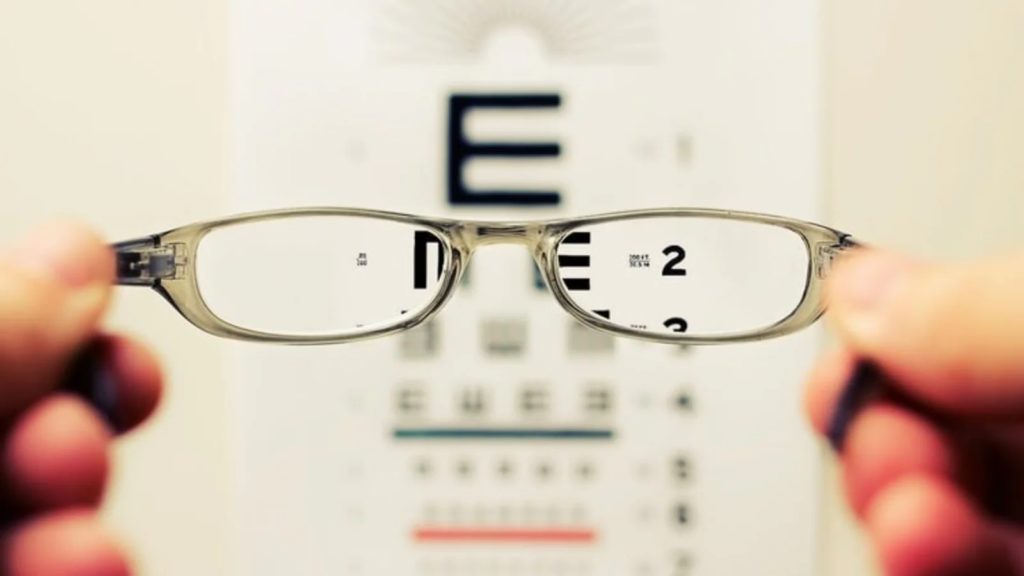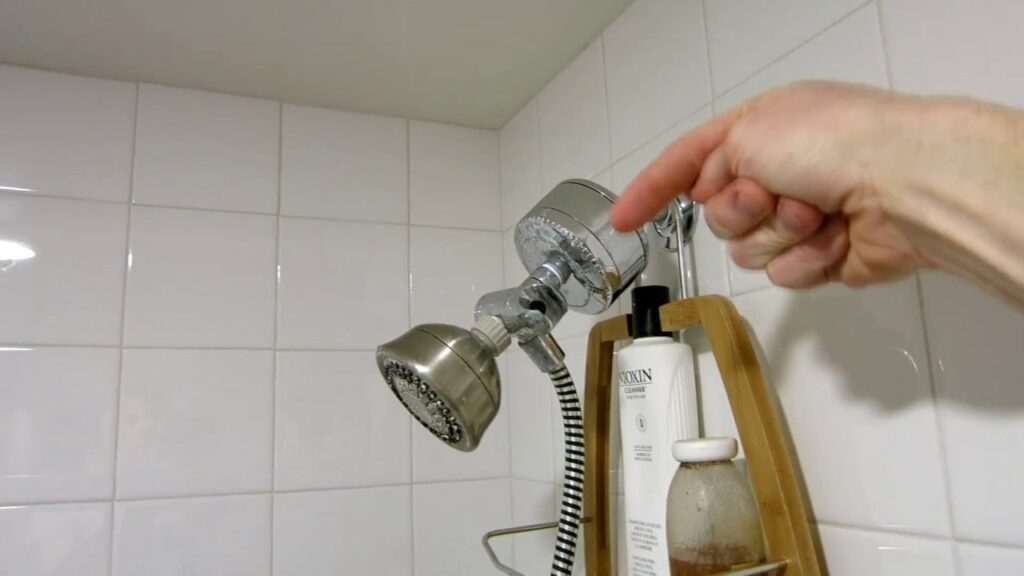You have a brand-new book that you just checked out from the library or perhaps you just learned about a brand-new film that you can’t wait to see. Unfortunately, as soon as you prepare and settle into watching TV or reading your book, you fall asleep.
The phenomenon of being sleepy while reading or watching TV is one that many individuals can relate to.
Reading or watching TV puts you to sleep since these activities demand consistent eye movement and mental effort.
You naturally need to rest when your brain is working, which is why you sleep.
Additionally, most individuals read or watch television before bed, which trains the brain that these activities promote sleep.
This post will look at why you fall asleep when reading or watching TV and how to stop it.
Causes of Sleeping While Reading or Watching TV:
People often fall asleep while reading or watching TV for a variety of reasons.
After finishing their daily tasks, most people often watch TV or read.
When reading or watching TV, you settle into a comfortable position, such as reclining in bed or on a couch.
Your body will eventually begin to relax, and you will nod off.
88 percent of American people report losing sleep as a result of watching many TV programs, according to a 2019 American Academy of Sleep Medicine poll.
Before the show ends, many viewers frequently nod off.
People Use TV to help them sleep:

Some people use television to help them fall asleep; the TV’s background noise serves as comforting white noise.
An investigation conducted in 2016 found that some people find comfort in the light of the TV as they sleep.
When you make it a habit to watch TV or read before bed, your brain starts to link these activities to sleep. the result is that each time you watch TV or read a book
Reading Exhausts, the Brain:

The fact that your brain is weary is another reason why you might nod off when reading.
Reading calls for a lot of eye movements to follow the words on the page, as well as mental effort to create words from letters and sentences from words.
Reading makes the brain fatigued and keeps it engaged. It makes sense for the brain to need rest when it is worn out. You’ll notice that you’re falling asleep.
Your book or television show is not interesting enough:

Finally, you might nod off because the book or movie you’ve picked isn’t compelling enough.
Your mind will wander if the book you’re reading or the show you’re watching doesn’t interest you, and you’ll eventually fall asleep.
Consider choosing a comedy or a thriller if you want something more exciting.

Tips to Read Without Falling Asleep Off:
This section is for you if you’re sick of never finishing any books or TV shows. Here are a few strategies to help you stay awake while you are asleep while reading or watching TV.
If you require glasses, wear them:

Use your reading glasses if you need them because doing so will assist you to avoid putting too much pressure on your eyes.
You will be able to read for longer if you wear glasses since you won’t grow weary as quickly. Additionally, this will aid in preventing further vision strain.
Don’t Get Too Comfy:

Make sure you’re sitting comfortably when reading, but not so comfortably that you nod off.
Curling up in bed or on the couch with a mound of blankets feels wonderful, yet we frequently unintentionally nod off when doing this.
Instead of lying on the couch or bed, get a cosy chair.
Read in a Bright Space:

It is crucial to foster an environment that promotes staying alert and attentive. You should turn on the lights in your room as soon as possible.
If the standard lights aren’t bright enough, you should even think about purchasing a reading light. Your chances of falling asleep will be lower if you’re in a well-lit area.
Before reading, get up:

If you have a book that needs to be finished, consider waking up first. To keep your body active, engage in some mild activity, or sip some coffee to increase your level of caffeine.
When you begin reading and concentrate, you are more likely to finish the book.
Is it OK to sleep while watching TV?
Many claims that watching TV while they sleep promotes sleep. But is that a good idea?
Falling asleep while watching TV or reading is not recommended, according to experts.
Your health will suffer if you watch TV while you sleep because it exposes you to more blue light, which raises your risk of developing diabetes, obesity, and other serious health conditions.
However, there are certain benefits to sleeping with the TV on.
Some folks might benefit from getting a better night’s sleep. Many studies have been done to look at how technology impacts sleep.
The consensus appears to be: if you can avoid using electronics in bed, you should.
Reasons Why You Shouldn’t Watch TV at Night:
The impacts of technology on sleep have been extensively studied, so it may not be the best idea to sleep with the TV on.
Here are several justifications for why you shouldn’t go to bed watching TV:
Boosts sleep debt:
Experts recommend that adults sleep for 8 hours each night. You incur a sleep debt if you get less sleep than eight hours.
For example, if you sleep for 6 hours, you owe yourself 2 hours. According to a 2016 study, one hour of lost sleep requires four days to make up for.
Sleep debt should be avoided wherever possible.
The amount of sleep you get at night is reduced by watching TV or using other techniques, and having a sleep debt makes it harder to think the next day effectively.
Melatonin production decreases:
Melatonin is the hormone that helps us sleep. It lets your body know when to get some rest.
The body’s capacity to synthesize melatonin may be diminished by the blue light that TVs and other gadgets emit.
It might be challenging for the brain to distinguish between day and night.
If your brain believes it is midday rather than the middle of the night, you won’t be able to fall or remain asleep.
Stimulates the Brain:
Your brain is being stimulated while watching TV or reading, it is challenging to fall asleep when the brain is busy and active.
You won’t get the rest you need if your brain is stimulated. When the TV is on, most people experience a rough night’s sleep.
Additionally, there is too much going on when your TV is on, including sudden shifts in sound and light.
Before you enter the deepest stage of your sleep cycle, your brain will still be able to pick up some of the dialogue on TV as you drift off to sleep.
Additionally, watching TV while you sleep might cause nightmares, which will harm both the quality and amount of your sleep.
Impacts Your Health Negatively:
Even if the quantity of sleep is not affected, watching TV while you sleep can raise your chance of becoming obese.
Sleep quality suffers when the TV is on while you sleep. Lack of sleep raises the possibility of acquiring conditions such as:
- Memory loss.
- High Blood pressure Weakened immunity.
- Increased risk of heart problems.
- Decrease in sex drive.
- Increased risk of diabetes.
- Mood swings.
Reasons Why Sleeping with Your TV On May Not Be So Bad:

As previously said, there can be some negative consequences to sleeping with your TV on.
Some experts believe it might not be the worst idea.
Some justifications for why watching TV while you sleep include:
It works as background noise:
White noise works well as a calming sleep aid. Many individuals watch TV as they sleep because the buzz of the TV acts as white noise, comforting them and lulling them to sleep.
Compared to other devices, it has less blue light:
Compared to other electronics like laptops, phones, and tablets, TVs emit less blue light.
Your sleep is less negatively impacted by technology that generates less blue light.
Stress might be lessened by familiar noises:
According to several research, drifting off to sleep in well-known fictitious settings might lessen stress and improve self-control.
Occasionally watching TV while you sleep is acceptable, just make sure it’s a show you are familiar with.
Avoid loud music or news announcements and opt for low-key entertainment.
To avoid being exposed to blue light during the entire night, set a timer to turn off your TV after a certain amount of time.
Good sleeping habits:
Reading a book or watching TV while dozing off could be a sign of poor sleep hygiene. Some pointers for good sleep hygiene are as follows:
Maintain a regular sleep routine:
Every day, you ought to wake up and go to bed at the same hour.
Drinks with caffeine in them should be avoided:
Consuming caffeine before bed could keep you from getting the rest you need because caffeine stays in your body for several hours.
Also read: How to Clean a TV Screen Without Streaks?
FAQ: Why Do I Fall Asleep When Reading or Watching TV?
Q1. How can I prevent falling off while watching TV?
Before starting your movie night, sit up straight, keep an invigorating snack nearby, or go for a job.
If you’re still having trouble finishing a movie, change your viewing schedule to avoid the hours when you know you’ll be the most exhausted.
Q2. Why can’t I watch TV and stay awake?
Bright Blue.
There is a lot of blue light coming from your TV screen, which is artificial light.
By interfering with your circadian cycles and inhibiting the generation of melatonin, this blue light effectively signals to your brain that it is time to be awake and attentive.
Q3. Does falling asleep on the TV increase depression?
More specifically, research has connected weight gain, depression, anxiety, dementia, cancer, acne, and diabetes to artificial light, which includes the lighting from your television.
Also read: How High to Mount Tv in Bedroom?
Conclusion:
Reading or watching TV while nodding off can be a bothersome habit fall asleep.
In addition to making, it difficult for you to finish any book or television program, several specialists caution against this behaviour.
The quantity and quality of your sleep, the creation of melatonin, and the regularity of your sleep cycles can all be negatively impacted by sleeping with your TV on.










